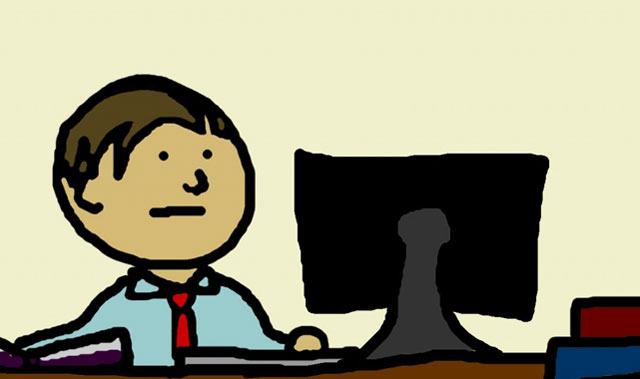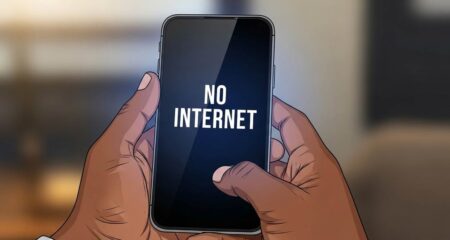
South Africa’s national school pass rate rose for the first time in three years as the government boosted spending on education and teachers got to grips with a new curriculum.
The proportion of successful final-year students at state schools increased to 72,5% last year from 70,7% in 2015, basic education minister Angie Motshekga said on Wednesday. More than 828 000 pupils wrote the examinations, the most yet.
“The performance of South African learners is improving,” Motshekga said in a speech in Midrand, north of Johannesburg. “We have to further improve the outputs of the schooling system.”
After climbing for four straight years, the pass rate deteriorated in 2014 and 2015 after a curriculum overhaul. Despite the improvement last year, the government still has some way to go to turn around an education system that was tailored to the needs of the white minority under apartheid rule, which ended in 1994.
South Africa’s primary education system was rated 126th out of 138 countries in the World Economic Forum’s 2016/2017 Global Competitiveness Report, while its higher education and training system ranked 134th.
Poor educational standards have been a constraint on growth and fueled a 27,1% jobless rate. Business executives canvassed by the Geneva-based World Economic Forum considered an inadequately skilled workforce as the third-most problematic factor for doing business in South Africa, after government bureaucracy and restrictive labour regulations.
Equal Education, a civil rights group, said the final-year pass rate was a superficial and misleading indicator of the quality of the public education system and obscured the fact that more than 40% of pupils dropped out of school.
The government persistently over-invested in educating pupils in their final year, while the need was greatest for those in the early grades, many of whom had to contend with overcrowded classrooms and whose teachers were given inadequate support, the group said in an e-mailed statement.
The Democratic Alliance questioned the integrity of last year’s results after a review panel upwardly adjusted marks for 28 of the 58 subjects — a decision justified on the grounds that the examinations were more difficult than in previous years.
“No evidence has been put forward to demonstrate that these papers were of a higher standard,” Gavin Davis, the party’s education spokesman, said by e-mail. “There is reason to believe that the standardisation process may lead to an artificial inflation” of the pass rate.
South Africa spent R213,7bn on basic education in the 12 months ended March last year, or about 15% of the total budget, and the allocation is projected to rise an average of 7,4% annually over the next three fiscal years, according to national treasury. The country allocates a higher proportion of its budget toward education than the US, UK and Germany, United Nations data shows. — (c) 2017 Bloomberg LP




